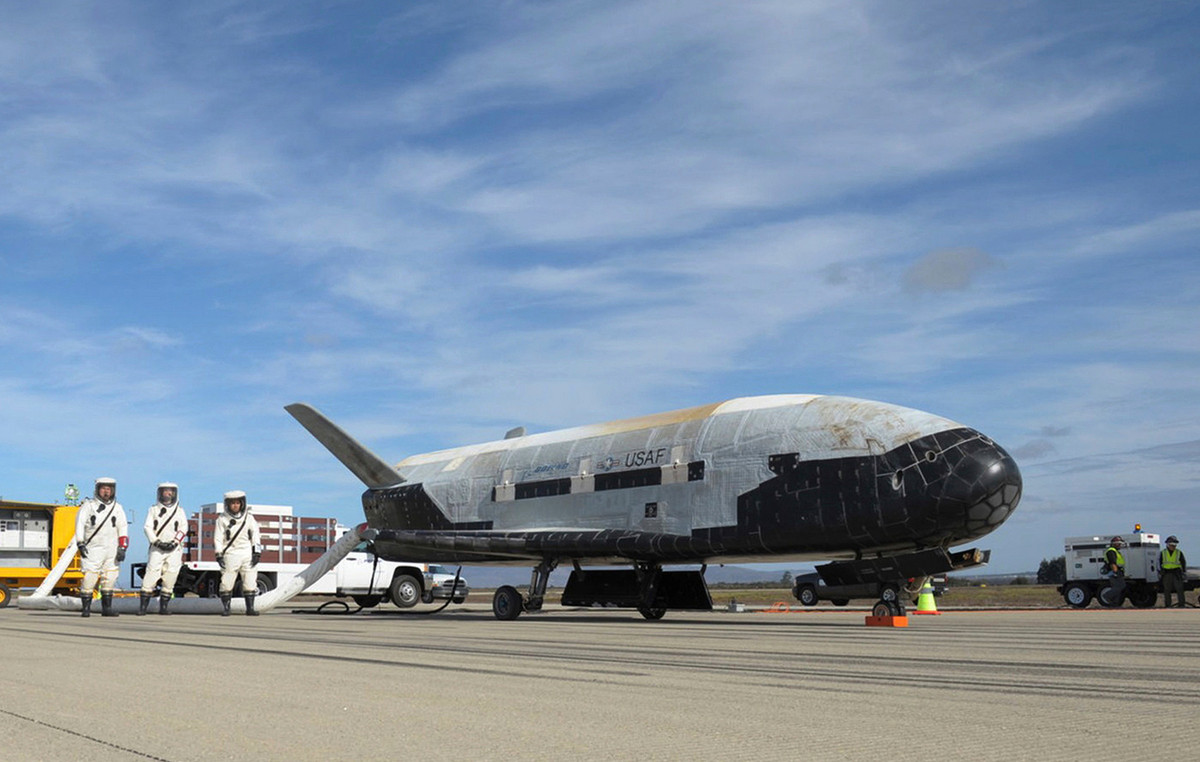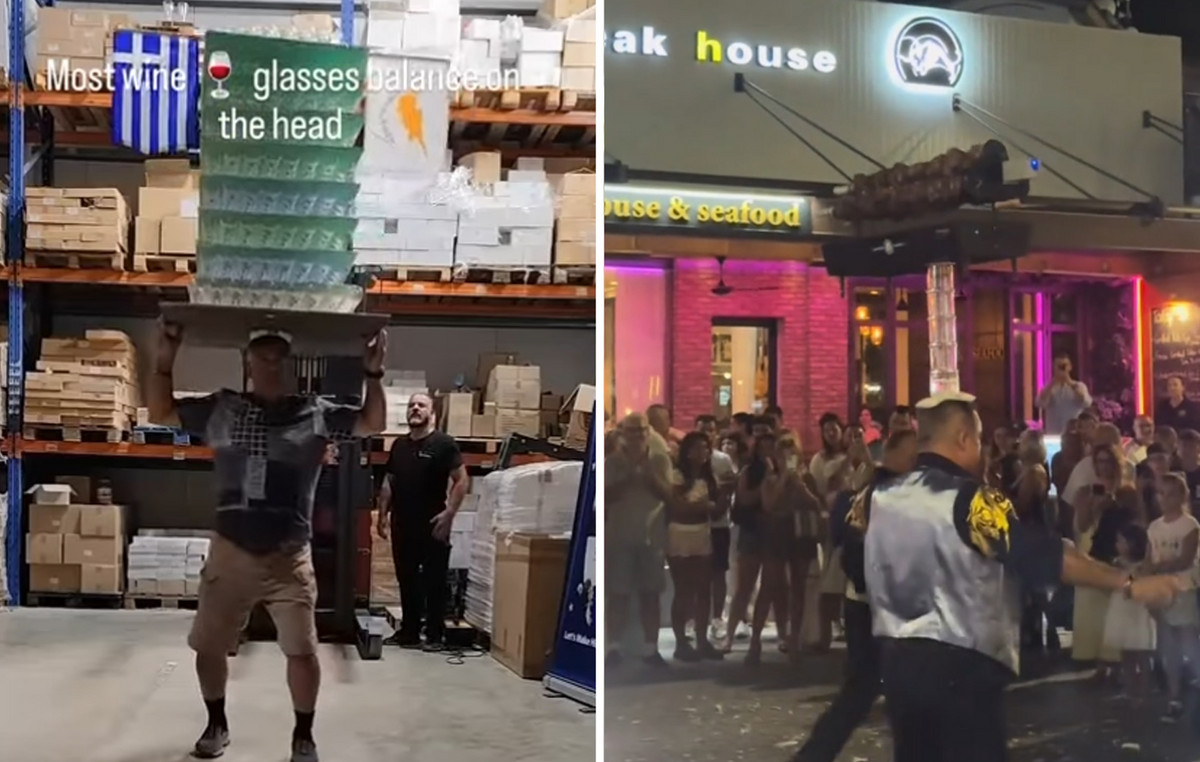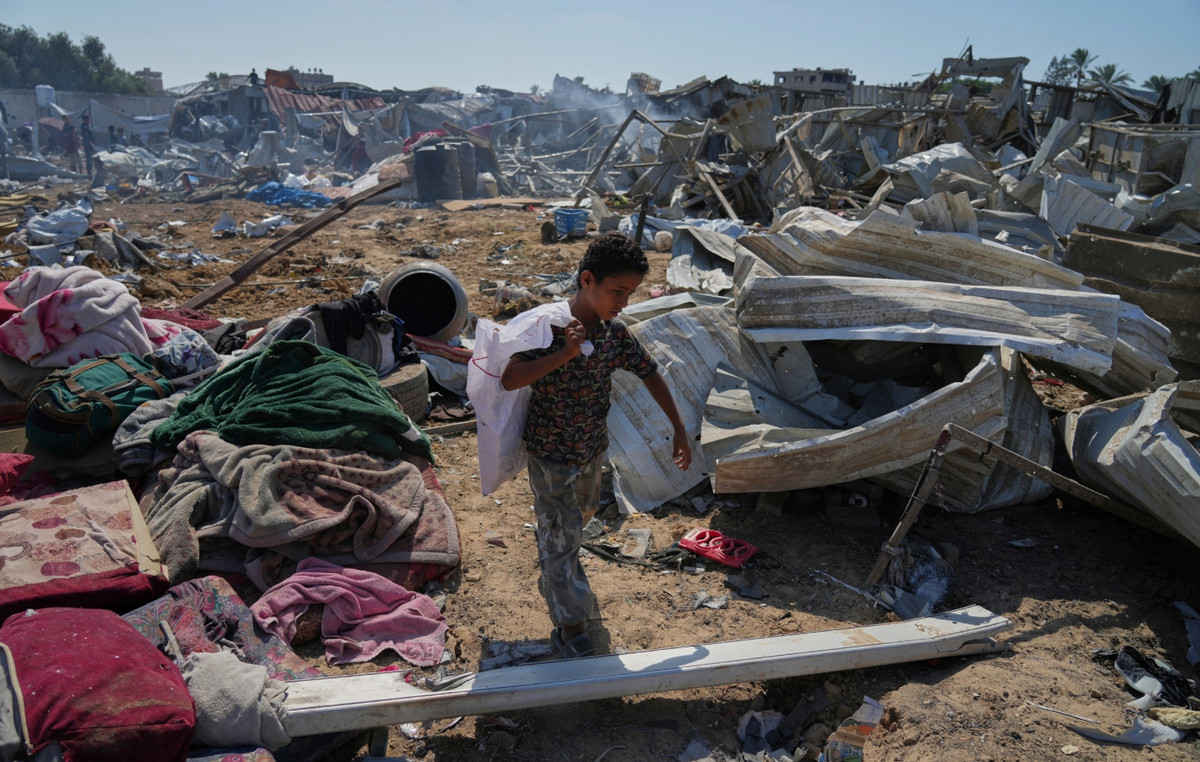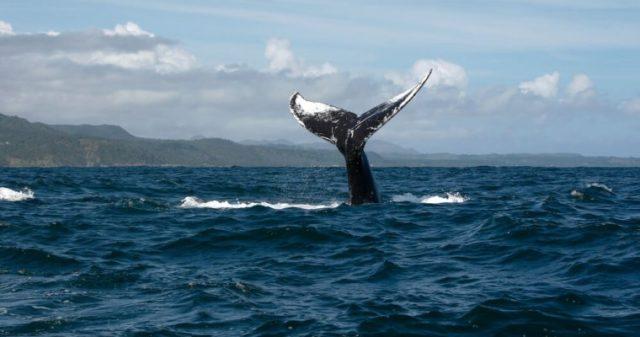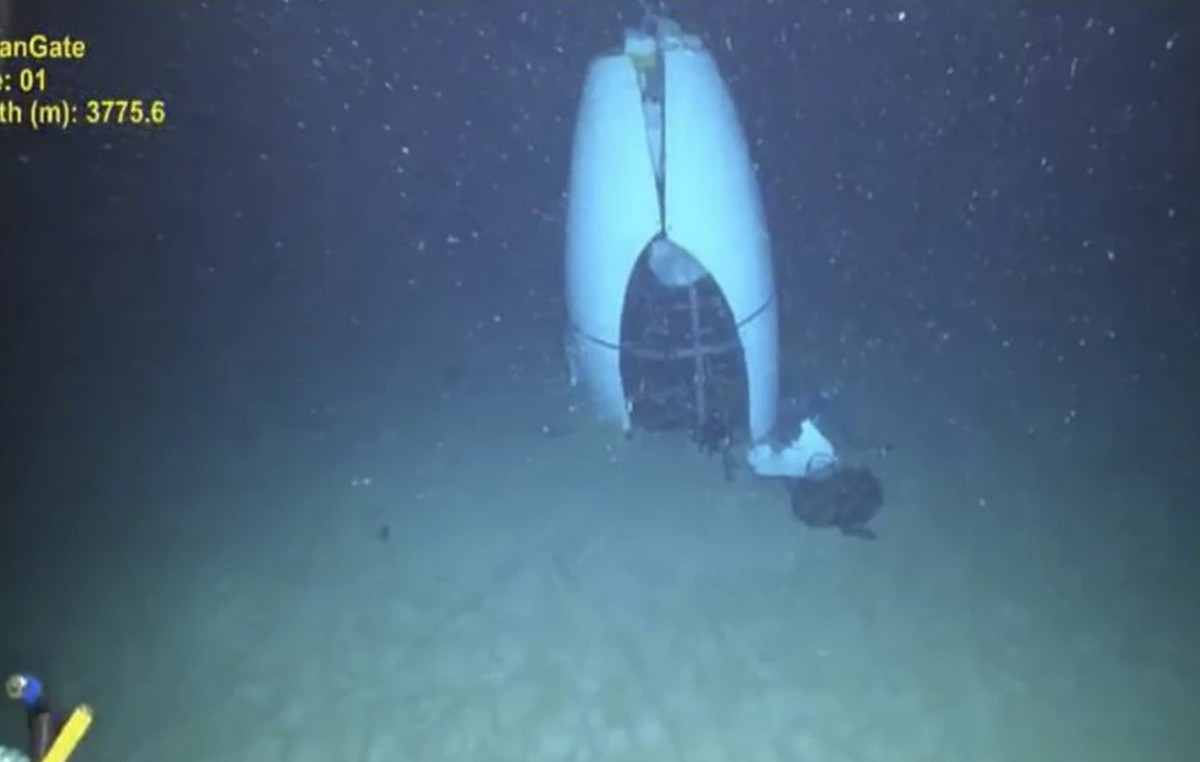US President Joe Biden and his allied world leaders hope to finalize and unveil a package of new measures to punish Russia, help Ukraine and demonstrate Western unity at a series of emergency summits in Europe this week.
But beyond a dramatic display of determination during the war, few observers believe that anything the leaders can sign will be enough to end the bloodshed in Ukraine or dissuade Russian President Vladimir Putin from continuing his attacks that are increasingly increasingly harming civilians.
Since the prospect of a meeting of NATO leaders was first raised about two weeks ago, US and European officials have been discussing possible announcements for leaders to make at the conclusion, according to several people familiar with the plans.
There would be new rounds of sanctions against Russian oligarchs, additional measures restricting the country’s finances and new measures to limit imports of Russian energy products. Discussions are also underway on what measures could be unveiled to provide more support to Ukraine, including new shipments of military assistance or financial aid to bolster the country’s defences.
Furthermore, Biden left open the option of expanding US troop deployments to NATO members along the alliance’s eastern edge, reinforcing US commitment to European defense at a critical time.
But the harsh reality that the measures must not contain Putin’s war will loom over Biden’s visit to Brussels. The president will attend a briefing of the North Atlantic Treaty Organization (NATO), a special session of the European Council and a meeting of the G7.
Biden could also add another stop in Eastern Europe, potentially Poland, officials said. He leaves Washington on Wednesday (23).
While Biden has been successful in rallying European and Asian allies for a punitive set of sanctions and unparalleled levels of military assistance, he and his NATO colleagues have already drawn the line to their support. While all parties appear to support a diplomatic resolution to the crisis, US and European officials say the parameters of such an agreement remain unclear.
This leaves open how Biden’s visit to Europe – one of the critical moments of his presidency – could alter the course of Europe’s worst conflict since World War II. And it presents another talking point that world leaders should start addressing: what happens if, or when, Ukraine can no longer withstand Russia’s onslaught?
“They will have to see what happens if Ukraine falls,” said retired Army General Wesley Clark, a former NATO Supreme Allied Commander. “After weighing the problem of what happens if Ukraine falls, they need to consider what else can be done to sustain the country in the struggle. Yes, there is a risk. There is always a risk when dealing with Mr. Putin”.
“The leader of the world”
Biden was publicly challenged by Ukraine’s leader last week to take responsibility for ending the fighting. In an emotional speech to Congress in which he called for a no-fly zone and help with acquiring fighter jets, President Volodymyr Zelensky spoke directly to Biden, who was watching from his private library on the third floor of the White House.
“Being the leader of the world means being the leader of peace,” Zelensky said in English. Biden was also challenged by former Ukraine president Petro Poroshenko to visit Ukraine as a “symbol of our solidarity” during his trip to Europe this week.
Speaking to Jim Acosta of CNNOn Saturday afternoon, Poroshenko called Biden “my good friend and a great friend of Ukraine”, adding that a visit by Biden would be “an extremely right step to demonstrate that the whole world stands with us against Russia”.
The personal appeals must have resonated with a man who, during the presidential campaign, vowed to restore American leadership, renew alliances with the United States and defend democracy from the rising tide of authoritarianism.
Nowhere will that challenge be more pertinent than in this week’s emergency talks, where leaders are looking to Biden for direction and purpose as the war in Ukraine rages on.
“He is challenging Biden to fulfill his responsibilities as leader of the West, leader of the democratic community of nations. And he challenged NATO,” said Ian Brzezinski, deputy assistant secretary of defense for Europe and NATO under George W. Bush.
“He [Zelensky] said that if NATO is not up to this challenge, we have to think about other security arrangements,” Brzezinski said. “What a powerful challenge to NATO’s relevance today. This sets the context for the summit.”
The limits of support
However, when the summits were announced last week, some European diplomats expressed concern about what they saw as a lack of major measures available for leaders to take at the meeting.
The main items Ukraine wants, such as NATO help in establishing a no-fly zone or supplying Soviet-era fighter jets, seem out of the question for now as the US and its partners seek to avoid direct confrontation with Russia. That is, any announcement that comes out of the meetings
would likely focus more on increasing assistance that is already being provided, including military and financial aid, or applying new sanctions to Russia.
European and US officials said discussions on the announcements and a conclusive joint statement were ongoing as countries sought to reach a decision or conclusion to be produced at the summit.
“The president is looking forward to seeing his colleagues face to face. I suspect they will have a number of new measures that they can disclose and implement during these talks, but I won’t go into it a few days in advance,” said Deputy US National Security Advisor Jon Finer.
The materialization of a major announcement during the summit could help highlight the current unity among the allies, which US officials say has taken Putin by surprise as his military grapples with losses on the ground.
“He [Putin] miscalculated in relation to the West. I think he thought there would be some reprimands, maybe some sanctions, but that he could resist, carry on and move on,” said Marie Yovanovitch, former US Ambassador to Ukraine.
“Instead, he inspired the resurgence of NATO. And the West is united in opposition and trying to provide not only a kind of strengthening of NATO and the flank countries on Ukraine’s border, but also in support of Ukraine.”
the chinese question
The upcoming summits will also present Biden with the opportunity to take the temperature of his colleagues on another issue: what to do if Chinese President Xi Jinping decides to provide Russia with military or economic support, as Putin has requested.
In a 110-minute call with Xi last week, Biden laid out the “implications and consequences” of moving forward with that support, according to the White House. But punishing China, the world’s second-largest economy, would be much more complicated than it was with Russia and would require the same unity.
with Europe, which has not always agreed with Biden on how to approach the Chinese government.
“It’s an incredibly important summit, taking place in an extraordinary way in the midst of a crisis. It’s partly to ensure that we and our allies are on the same page, which is good. But it is also very important to send a signal to Vladimir Putin,” said Kurt Volker, former US ambassador to NATO and special envoy to Ukraine.
Volker identified several messages the alliance is expected to send during its summit, including a commitment to the Article 5 guarantee of collective defense and making it clear that Russia’s use of nuclear weapons would justify a Western response. But he said that NATO must also make it clear that
Ukraine, which is not a member of the alliance, is an issue of critical importance to its members.
“I think it’s very important that NATO also sends a signal about Ukraine, that Ukraine’s survival as an independent and sovereign state in Europe is in NATO’s interest,” Volker opined. “We don’t want to say what we don’t do.
We don’t want to be too specific about what we’re going to do. But we need to send a signal to Putin that we are not going to sit back while he destroys and eliminates a sovereign European country.”
Source: CNN Brasil
I’m James Harper, a highly experienced and accomplished news writer for World Stock Market. I have been writing in the Politics section of the website for over five years, providing readers with up-to-date and insightful information about current events in politics. My work is widely read and respected by many industry professionals as well as laymen.


